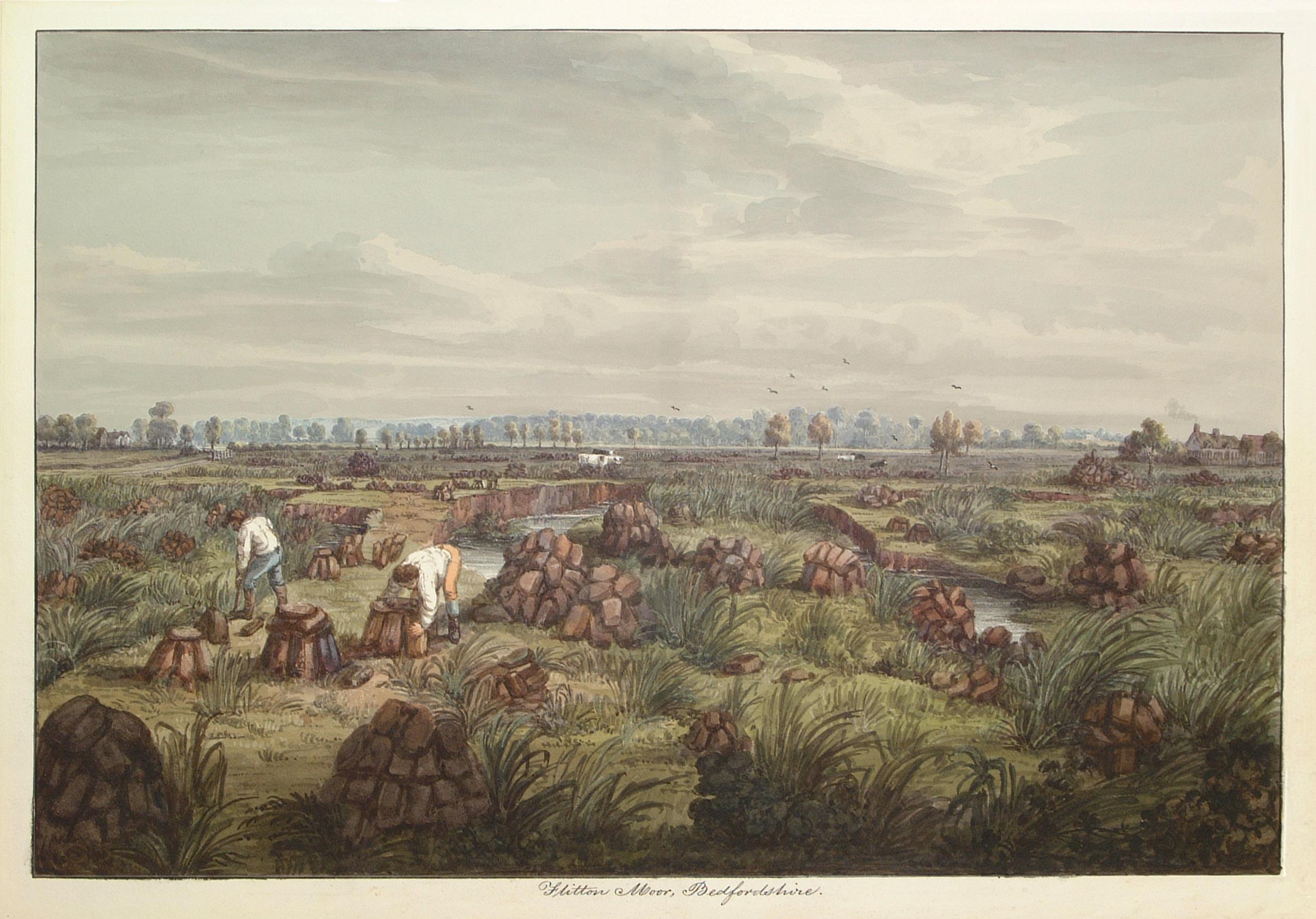Who’s looking at (and citing) your research data?
26/04/2018

Metrics are very popular as we try to raise our research profile and measure the impact of our work. Did you know you can see a whole host of metrics and altmetrics on CORD (our research data management system), now including citation counts?
When you put any data or supporting output on CORD, it’s given a DOI and its usage is tracked. On the item page, you can see counts of views, downloads, and citations, and this is being further developed so that the citation count will soon link through to details of who has cited you. Although it always takes a while for citations to filter through, over the last six months, 5 items on CORD were cited so you can see examples already:
![]()
Of course, where you publish data to support a publication, you should be citing it yourself in that paper! That’s why it will be great to see details of citations to identify self-citations and others.
And don’t forget you also get an altmetric “donut” on your page too, to track other places where people might express an interest in your data, whether that’s Twitter, Facebook, policies, or news articles. Click on the donut to get further information about where your item has been discussed!

To find out more about CORD or get started using it, see the CORD intranet page, register interest in a hands-on CORD session via the new DATES booking system, or email our Research Data Manager, Georgina Parsons, for a one-to-one overview (researchdata@cranfield.ac.uk). Please also feed back any other improvements you’d like to see in CORD and we’ll see what we can do!
Categories & Tags:
Leave a comment on this post:
You might also like…
My Apprenticeship Journey – Broadening Horizons
Laura, Senior Systems Engineer at a leading aircraft manufacturing company, joined Cranfield on the Systems Engineering Master’s Apprenticeship after initially considering taking a year off from her role to complete an MSc. Apprenticeship over MSc? ...
The Library app is back!
The Library app is back! It's exactly the same as before (although it will get a fresh look in a few months) and if you hadn't removed it from an existing device it should just ...
PhD researcher at the IF Oxford Science and Ideas Festival
IF Oxford is a science and ideas Festival packed with inspiring, entertaining and immersive events for people all ages. PhD researcher, Zahra attended the festival. Here she shares what motivated her to get involved. ...
What leadership skills are required to meet the demands of digitalisation?
Digital ecosystems are shifting the dynamics of the world as we know it. With digitalisation being a norm in the software industry, there is currently a rapid rise in its translation ...
My PhD experience within the Centre for Air Transport at Cranfield University
Mengyuan began her PhD in the Centre for Air Transport in October 2022. She recently shared what she is working on and how she has found studying at Cranfield University so ...
In the tyre tracks of the Edwardian geologists
In April 1905 a group of amateur geologists loaded their cumbersome bicycles on to a north-bound train at a London rail station and set off for Bedfordshire on a field excursion. In March 2024 a ...






